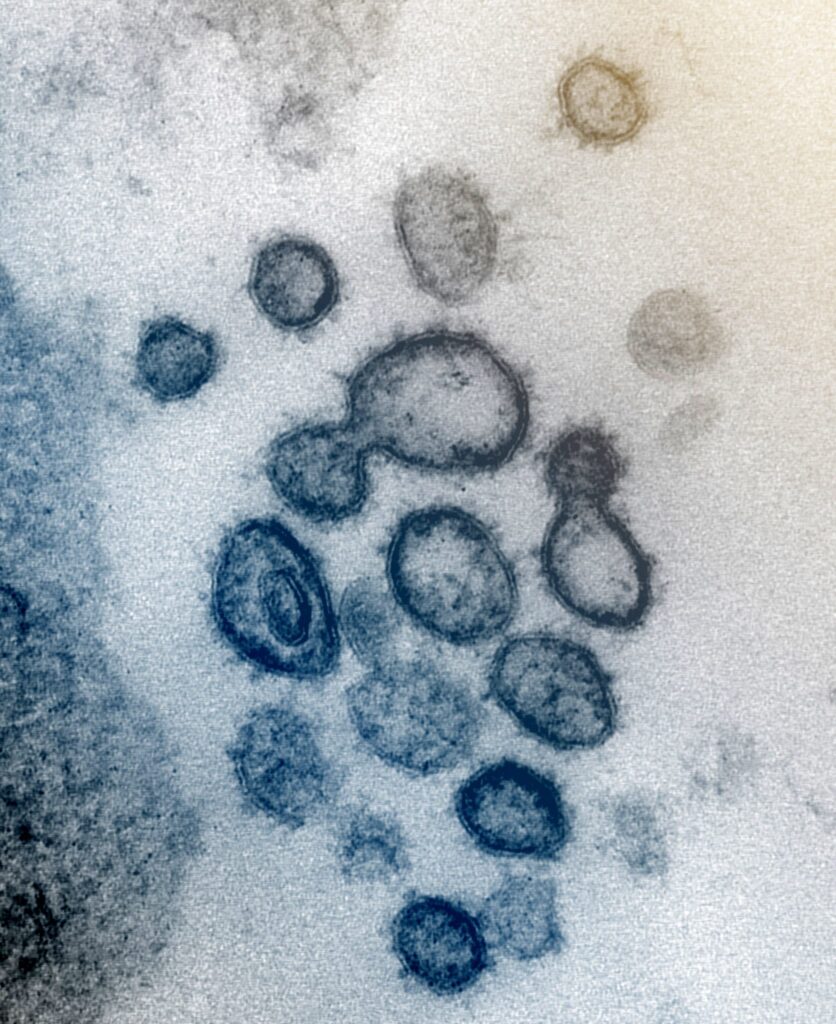Racing to develop a vaccine against the 2019 novel coronavirus, the U.S. Department of Health and Human Services’ Office of the Assistant Secretary for Preparedness and Response has engaged Sanofi Pasteur, the vaccines global business unit of Sanofi.
The Biomedical Advanced Research and Development Authority (BARDA), a component of ASPR, will provide expertise and reallocated funds to support the vaccine’s development. Sanofi will use its egg-free, recombinant DNA platform to produce a recombinant 2019 novel coronavirus vaccine candidate.
The technology produces an exact genetic match to proteins of the virus. The protein’s DNA will be combined with DNA from a virus harmless to humans, and used to rapidly produce large quantities of antigen which stimulate the immune system to protect against the virus. The antigens will be separated and collected from these cells and purified to create working stocks of vaccine for advanced development.
“Addressing a global health threat such as this newest coronavirus is going to take a collaborative effort, which is why we are working with BARDA to quickly advance a potential vaccine candidate,” said David Loew, Global Head of Vaccines at Sanofi. “While we are lending our expertise where possible, we believe the collaboration with BARDA may provide the most meaningful results in protecting the public from this latest outbreak.”
BARDA has worked with Sanofi since 2004 and in 2009 began collaborating with Protein Sciences of Meridian, Connecticut, now owned by Sanofi, to develop a recombinant technology with the flexibility to make millions of doses of vaccine quickly in an influenza pandemic. In 2016, BARDA added this vaccine to the U.S. National Pre-pandemic Influenza Vaccine Stockpile. When Sanofi purchased the company and its technology in 2017, BARDA continued working with Sanofi on pandemic vaccine development, and in December 2019 the partners began focusing on increasing manufacturing capacity for recombinant influenza vaccine in the United States, in accordance with a presidential executive order to enhance national security and the public health by modernizing influenza vaccines and technologies.
“Flexibility and scalability are cornerstones of rapid response to an emerging infectious disease,” said BARDA Director Rick A. Bright, Ph.D. “Using this proven technology, we can pivot immediately to address this new global health threat. Our goal is a licensed vaccine to provide long-term health security against this latest virus and prevent future coronavirus outbreaks.”
This expanded collaboration with Sanofi is BARDA’s second program to focus on developing a novel coronavirus vaccine candidate in the past few weeks. There is currently no approved vaccine, treatment, or diagnostic for novel coronavirus infections; however, the U.S. Food and Drug Administration has issued an emergency use authorization (EUA) to enable emergency use of a diagnostic test developed by the Centers for Disease Control and Prevention.


